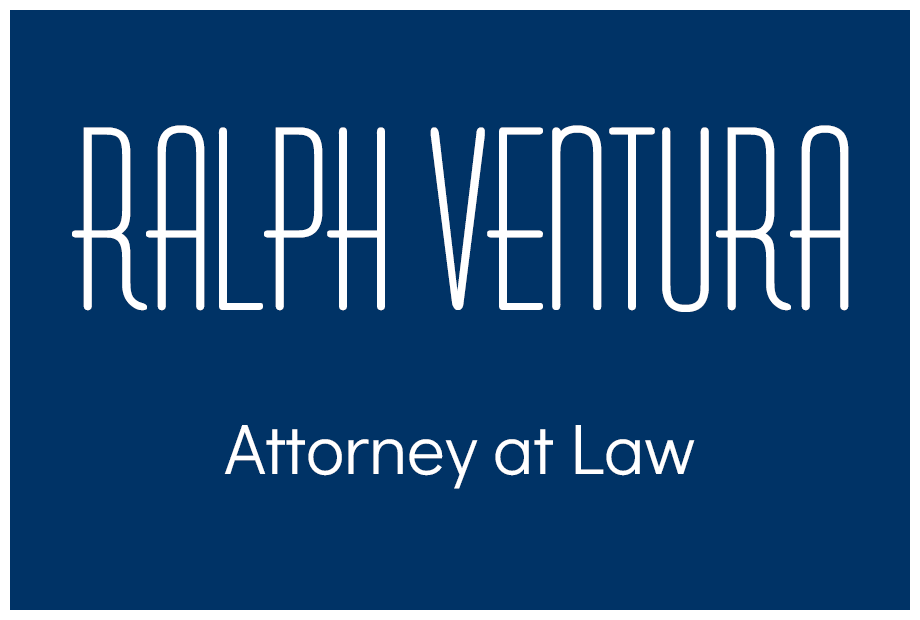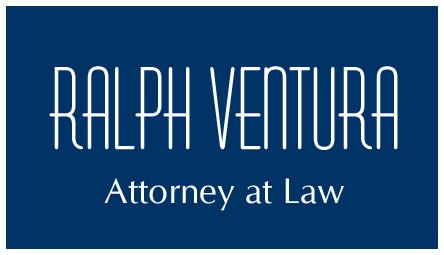Strategic Planning for Florida Vacation Properties:Minimizing Probate and Maximizing Value
Owning a vacation home in the Sunshine State comes with unique estate planning challenges that require careful consideration. This article explores effective strategies for Florida vacation property planning, with a focus on minimizing probate complications, optimizing tax outcomes, and addressing the specific needs of non-resident owners.
Life Insurance Trusts: Choosing Between Revocable and Irrevocable Structures
When incorporating life insurance into your estate plan, one crucial decision is whether to name a revocable or irrevocable trust as the beneficiary. Each structure offers distinct advantages and limitations that warrant careful consideration.
Understanding the Federal Gross Estate and Estate Tax
The gross estate is the starting point for calculating the estate tax. It encompasses the total value of all property and assets owned by the deceased at the time of death, regardless of whether these assets pass through probate or not. This article aims to demystify it.
Planning for the Unknown: How Trusts and Healthcare Directives Address Unresponsive Yet Minimally Aware States
In recent years, scientific advancements have shed light on a troubling and mysterious medical condition: the state of being minimally conscious or in a vegetative state, where patients may appear unresponsive but retain some level of awareness. A recent article published in The New York Times revealed that up to 25% of patients diagnosed in a persistent vegetative state actually show brain activity consistent with awareness, even though they cannot communicate. Let me reiterate: up to 25% of people who are in a persistent vegetative state and are otherwise unresponsive are actually at least somewhat aware. This is certainly a troubling thought.
Eight Advantages of a Revocable Trust
Setting up a revocable trust in Florida is a wise estate planning strategy that offers numerous benefits. Often referred to as a living trust, this tool provides individuals with the flexibility to manage their assets during their lifetime while ensuring a smooth transfer of those assets after their death. Here’s why a revocable trust can be advantageous.
Top Three Estate Planning Mistakes
Estate planning is a critical process that ensures your assets are managed and distributed according to your wishes after your death. However, there are common mistakes that can undermine even the best-laid plans. Here are three of the most significant estate planning mistakes and how to avoid them, in no particular order.
Revocable Living Trusts vs. Lady Bird Deeds:Why Trusts Offer Superior Flexibility and Control
When planning for the future, many individuals face the question of whether to use a Lady Bird Deed or a Revocable Living Trust to manage their assets. Both options have their benefits, but a revocable living trust often provides more flexibility and control, making it a superior choice in many cases.
A Comprehensive Guide to Crafting an Estate Plan: From Assessment to Signing
In drafting estate documents, a meticulous and thorough approach is essential to ensure that clients’ assets are safeguarded and their wishes clearly articulated. We understand the importance of this process and have developed a streamlined approach to guide clients through the assessment, drafting, and signing of estate documents. The goal is to make things as simple as possible for the client.
Understanding the Problems with Lady Bird Deeds
Lady Bird Deeds, also known as Enhanced Life Estate Deeds, have gained popularity as an estate planning tool, particularly in states like Florida. These deeds, named after Lady Bird Johnson, enable property owners to retain control over their property during their lifetime while designating who will inherit the property upon their death, bypassing probate. Despite their advantages, Lady Bird Deeds come with a set of potential problems and drawbacks that individuals should carefully consider before including them in their estate plan.
The Importance of Advance Directives for Unmarried Couples
Estate planning is often overlooked by unmarried couples, yet it is crucial for ensuring that their wishes are respected in times of need. One critical aspect of estate planning for unmarried couples is the creation of advance directives, including a durable power of attorney and a healthcare proxy. These legal documents appoint someone to make financial and medical decisions on their behalf if they become incapacitated. Without these directives, unmarried partners may face significant challenges and pitfalls, particularly regarding their status as the legal next of kin.
A Comprehensive Guide to Crafting Your Estate Plan: From Assessment to Signing
In drafting estate documents, a meticulous and thorough approach is essential to ensure that clients’ assets are safeguarded and their wishes clearly articulated. We understand the importance of this process and have developed a streamlined approach to guide clients through the assessment, drafting, and signing of estate documents. The goal is to make things as simple as possible for the client.
Aretha Franklin’s Estate
She, left behind an estate worth $6 million when she passed away. This substantial wealth is at the center of the dispute, with her children vying for their rightful shares. With four potential heirs in the picture, the distribution of the estate becomes more complex.
Mutual Will Agreements
A mutual will is a legal document where two or more individuals, usually spouses, agree to create wills that mirror each other's provisions. The primary purpose of mutual wills is to establish a binding agreement that prevents the surviving spouse from altering beneficiaries or deviating from the agreed-upon distribution plan after the first spouse's death.
The Hazards of Solely Relying on ChatGPT for Legal Research: Lessons Learned from a Cautionary Tale
This article delves into the pitfalls of using ChatGPT as the primary tool for legal research while drawing attention to a cautionary tale where a seasoned lawyer's blind reliance on ChatGPT led to a catastrophic outcome for him and his firm.
Debunking 5 Misconceptions
Many people believe that estate planning is only for the wealthy or that it is extraordinarily complex and expensive. However, estate planning is not limited to the affluent; it is a crucial process for individuals of all income levels, including the middle class. Here, we clarify the top five misconceptions about estate planning for the middle class.
Adding Adult Children to Deeds is Almost Always a Bad Idea
Many people view adding an adult child to a deed as a quick and easy way out of probate and essentially cheap estate planning. This is almost always a bad idea.
Business Partner Buy/Sell Agreements andPartner Insurance: Protecting Your Business
As a business owner, you have likely invested significant time, money, and effort into building your company. However, unexpected events such as the death, disability, or retirement of a business partner can disrupt your business and jeopardize its future. That's why it's crucial to have a comprehensive plan in place to protect your business from these potential risks.

